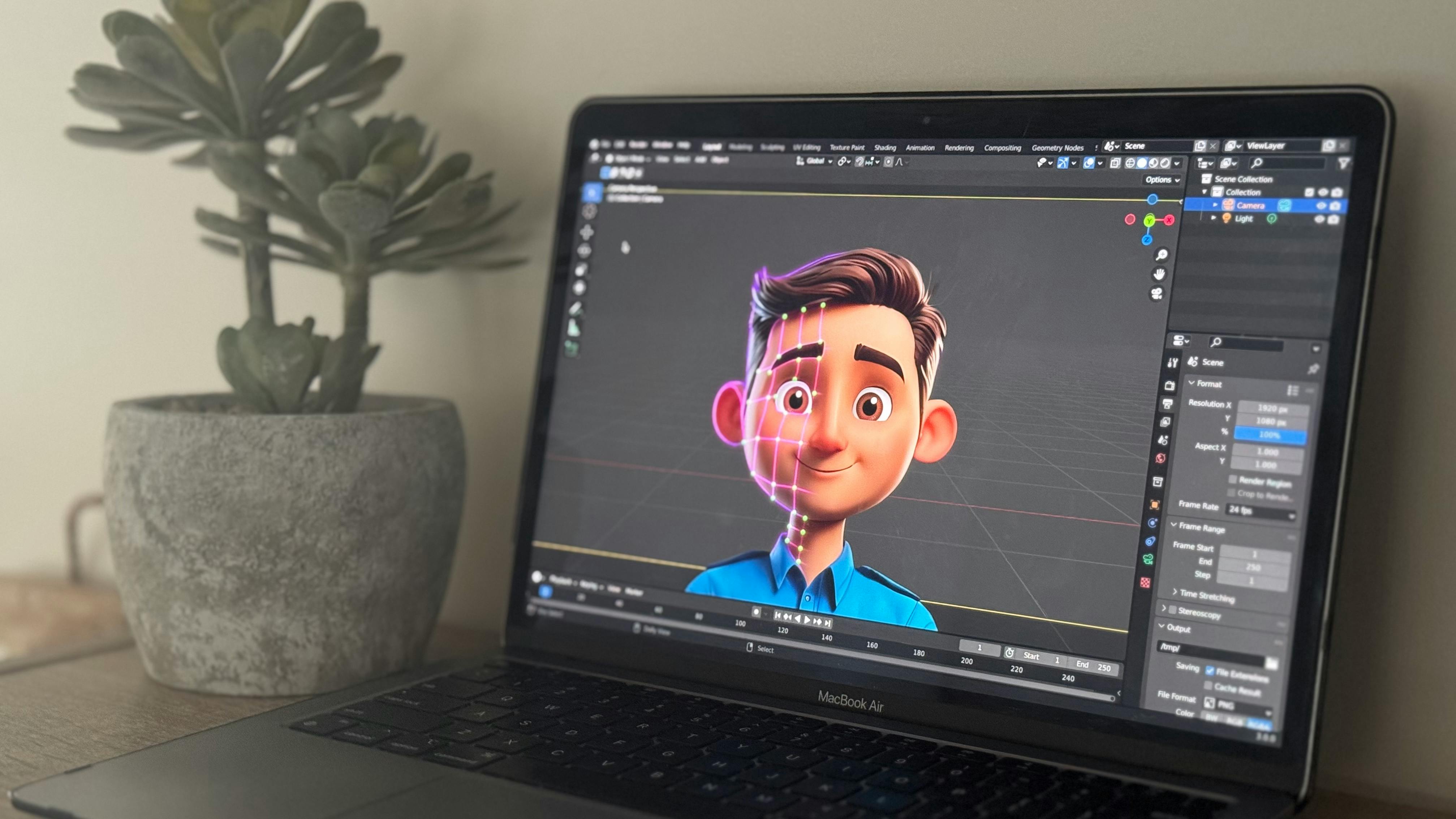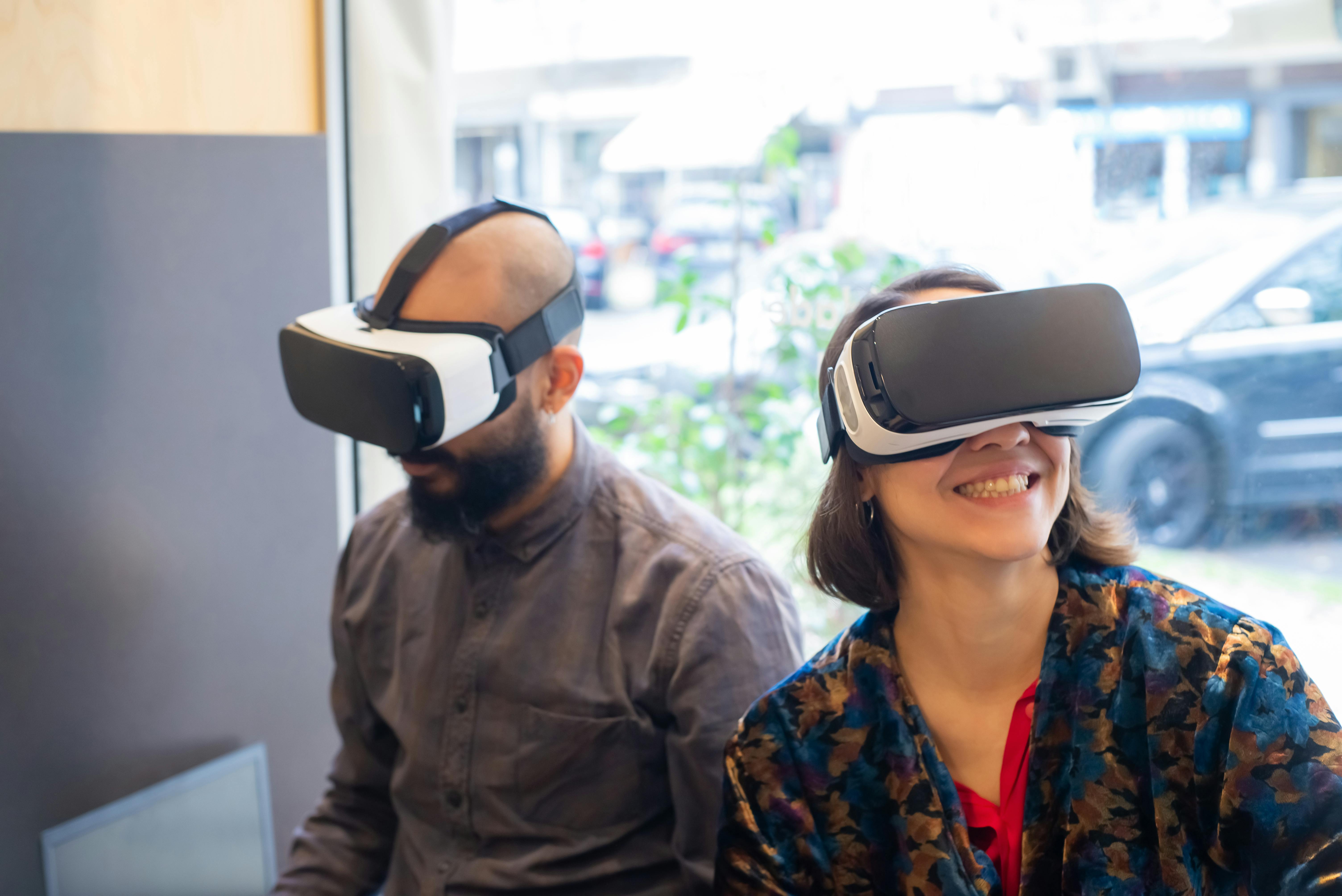How To Use The Metaverse For Product Launch Events
Sep 2, 2024
The metaverse for events is transforming the way businesses conduct product launches, providing a dynamic and immersive platform for engaging audiences. In an increasingly digital world, leveraging the metaverse can elevate your product launch, offering unparalleled opportunities to connect with your audience in a virtual environment that mimics reality. This article explores how to use the metaverse for product launch events, highlighting its benefits, applications, and strategies for success.
Introduction to the Metaverse for Events
The metaverse for events is an emerging concept that combines virtual reality (VR), augmented reality (AR), and 3D virtual environments to create immersive event experiences. For marketing and sales professionals, utilizing the metaverse for product launches can provide a novel way to engage with audiences, showcase products, and drive excitement. This digital shift allows businesses to overcome geographical limitations and offer interactive, engaging experiences that can significantly impact their audience.
Benefits of Using the Metaverse for Product Launch Events
Global Reach
One of the most compelling benefits of the metaverse is its ability to reach a global audience. Unlike traditional product launches, which are often limited by location and capacity, the metaverse allows attendees from around the world to participate in the event simultaneously. This global reach can lead to higher attendance and greater brand exposure.
Cost Efficiency
Hosting a product launch in the metaverse can be more cost-effective than organizing a physical event. Expenses related to venue rental, travel, accommodation, and physical setups are significantly reduced. This cost efficiency makes the metaverse an attractive option for businesses looking to maximize their return on investment.
Increased Engagement
The immersive nature of the metaverse provides numerous opportunities for enhanced engagement. Attendees can interact with 3D product models, participate in live demonstrations, and engage with other attendees and brand representatives in real-time. These interactive elements can create a more memorable and impactful experience for your audience.
Real-Time Analytics
The metaverse offers advanced analytics tools that provide real-time data on attendee behavior and engagement. Marketers can track metrics such as attendance, interaction rates, and content consumption, allowing for immediate adjustments and more informed decision-making.
Planning Your Product Launch in the Metaverse
Setting Clear Objectives
The first step in planning a successful metaverse product launch is to set clear objectives. Determine what you aim to achieve with the virtual event, whether it's increasing brand awareness, generating leads, or driving sales. Clear objectives will guide the planning process and help measure success.
Choosing the Right Platform
Selecting the right metaverse platform is crucial for the success of your product launch. Consider factors such as user experience, scalability, and customization options. Popular platforms for hosting metaverse events include Decentraland, Roblox, and custom-built solutions tailored to specific needs.
Creating Engaging Content
Content is the cornerstone of any successful metaverse event. Develop high-quality, engaging content that captures the attention of your audience. This includes 3D product models, interactive demonstrations, and multimedia presentations that highlight the features and benefits of your product.
Executing the Metaverse Product Launch
Virtual Venue Setup
The virtual venue is the heart of your metaverse product launch. Design a visually appealing and functional virtual space that reflects your brand and product. Include areas for product displays, demonstration zones, and interactive booths where attendees can learn more about your offerings.
Interactive Features
Incorporate interactive features to enhance attendee engagement. This can include virtual Q&A sessions, live chats with brand representatives, and gamified elements that encourage participation. Interactive features create a more dynamic and engaging experience for attendees.
Live Demonstrations
Live demonstrations are a powerful way to showcase your product in the metaverse. Use VR or AR to provide an immersive demonstration that allows attendees to see the product in action. This hands-on approach can help convey the product's value and functionality more effectively than traditional presentations.
Promoting Your Metaverse Product Launch
Social Media Campaigns
Leverage social media to build excitement and attract attendees to your metaverse product launch. Create a multi-platform campaign that includes teasers, countdowns, and behind-the-scenes content. Engage with your audience through interactive posts and encourage them to share the event with their networks.
Influencer Partnerships
Partnering with influencers can amplify your reach and add credibility to your product launch. Identify influencers who align with your brand and have a strong presence in your target market. Collaborate with them to create engaging content that promotes the event and drives attendance.
Email Marketing
Email marketing remains a powerful tool for promoting events. Develop a targeted email campaign that includes personalized invitations, event reminders, and exclusive sneak peeks of what attendees can expect. Use compelling subject lines and clear calls to action to encourage registrations.
Measuring Success and Gathering Feedback
Key Metrics
To measure the success of your metaverse product launch, track key metrics such as attendance, engagement rates, and conversion rates. Analyze this data to understand how well the event met your objectives and identify areas for improvement.
Post-Event Surveys
Gather feedback from attendees through post-event surveys. Ask questions about their experience, what they liked, and what could be improved. This feedback is invaluable for refining future metaverse events and ensuring they meet the needs and expectations of your audience.
Challenges and Considerations
Technical Barriers
Implementing metaverse technologies can present technical challenges. Ensure that your platform and content are optimized for a seamless experience. Provide technical support for attendees who may encounter issues during the event.
User Accessibility
Accessibility is a critical consideration for metaverse events. Ensure that your virtual environment is accessible to all attendees, including those with disabilities. Provide clear instructions and support to help attendees navigate the virtual space.
Security and Privacy
Security and privacy are paramount in the digital world. Implement robust security measures to protect attendee data and ensure compliance with relevant regulations. Communicate your privacy policies clearly to build trust with your audience.
Future of Metaverse for Events
Emerging Trends
The future of the metaverse for events is promising, with emerging trends such as AI-driven personalization, enhanced VR and AR experiences, and increased integration with social media platforms. These trends will continue to shape how businesses engage with their audiences in the virtual world.
Innovative Technologies
Innovative technologies such as haptic feedback, which provides physical sensations, and advanced AI-driven avatars will further enhance the metaverse event experience. These technologies will make virtual interactions more realistic and engaging, creating new opportunities for product launches and other events.





